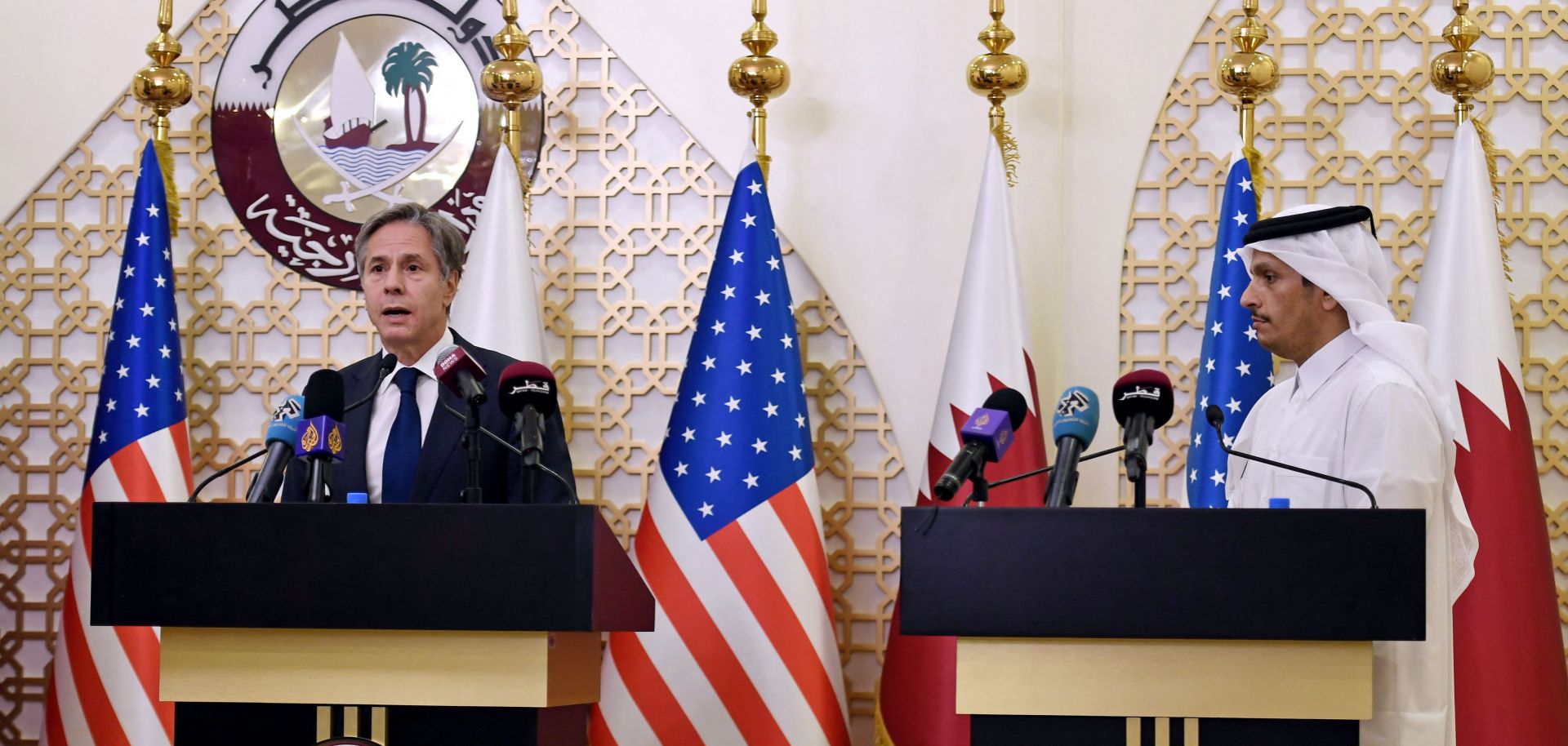Qatar’s new designation as a U.S. non-NATO ally will help shield it from Saudi or Emirati pressure, as well as incentivize Riyadh and Abu Dhabi to adjust their own policies to earn the same designation. However, a new U.S. president could reverse this decision and make Doha vulnerable again. During a Jan. 31 state visit with Qatar’s emir, U.S. President Joe Biden announced that he would soon notify Congress that the United States would designate the Arab Gulf state as a major non-NATO ally (MNNA), a diplomatic and legal classification that offers enhanced training, defense cooperation and military research. Biden said the announcement was long overdue following decades of U.S.-Qatari coordination and Qatar’s hosting of the region’s largest U.S. military base. But despite also being major U.S. defense partners and purchasers of U.S. military equipment, Saudi Arabia and the United Arab Emirates are not designated MNNAs due to both countries’...

